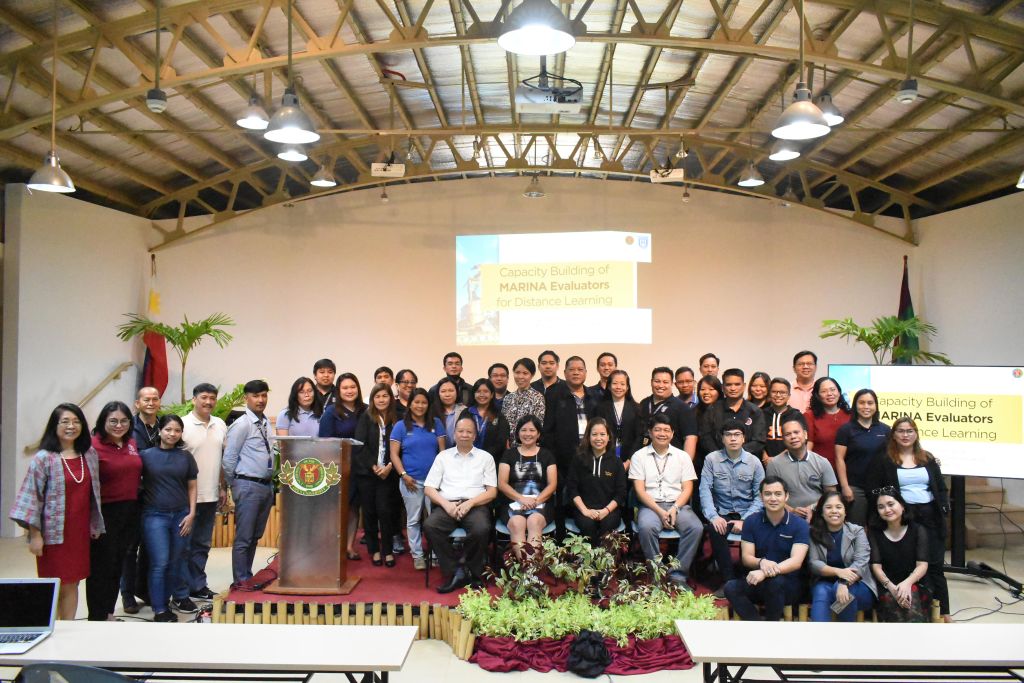

As the world moves towards digital transformation, the maritime sector is also embracing technological advancements to ensure the safety, efficiency, and sustainability of shipping operations. In this context, the recent Capacity-Building of Maritime Industry Authority (MARINA) Evaluators for Distance Learning held from 20 to 22 September 2023 at the Centennial Center for Digital Learning (CCDL) Auditorium, UPOU Headquarters in Los Baños, Laguna, marked a significant step towards enhancing maritime education in the ASEAN region. This initiative organized by the University of the Philippines Open University (UPOU) Faculty of Management and Development Studies (FMDS), in partnership with MARINA, is aimed at equipping MARINA evaluators with the necessary skills and knowledge to effectively assess online maritime courses.
The first session commenced with the opening remarks from Dr. Joane V. Serrano, the Dean of FMDS. Dean Serrano warmly welcomed the participants, setting the tone for the day’s events. Following her, Ms. Presca Lee B. Lugo, the Maritime Education and Training Standards Supervisor, shared her thoughts on the significance of the training.
To shed light on the rationale behind the training and its importance in the context of Philippine global seafarers, Dr. Maragtas S.V. Amante, an esteemed professor from the University of the Philippines Diliman School of Labor and Industrial Relations (UP SoLAIR) and ASEAN Studies Graduate Program Faculty, took the stage. His presentation provided valuable insights into the goals and significance of the program. After the insightful presentation by Prof. Amante, Dr. Serrano presented the training overview which provided participants with a structured understanding of what to expect in the coming days.
The day’s core session focused on a recap discussion of Modules 1 to 3. Dr. Ricardo T. Bagarinao, the Director of the UPOU Center for Open and Digital Teaching and Learning (CODTL) and the Program Chair of the ASEAN Studies Graduate Program, led this engaging discussion. Participants actively participated, seeking clarification and addressing questions related to these modules.
The afternoon session revolved aroundModules 4 to 6. For Module 4: Quality Assurance, Dr. Consuelo dL. Habito shared her expertise in providing valuable insights to quality assurance in distance learning. Dr. Aurora V. Lacaste took the stage to discuss Module 5: Teaching and Learning Approach, sharing her knowledge and strategies for effective online teaching. It was followed bya discussion of Module 6: Student Assessment, led by Asst. Prof. Rita C. Ramos. This session provided insights into the critical aspect of assessing students in an online learning environment.
The day ended with a group discussion and workshop facilitated by Asst. Prof. Ria Valerie Cabanes, allowing participants to apply their newfound knowledge.
The training program continued its exciting journey into the second day moderated by Dr. Leo Mendel Rosario, Assistant Professor and Program Chair of the D/MR&DM at UPOU. The morning session started with Module 7, focusing on Academic Staff Development. This module is of utmost importance as it addresses competencies referring to the Standards of Training, Certification, and Watchkeeping for Seafarers (STCW). Dr. Amante and Dr. Jean Saludadez, Vice Chancellor for Finance and Administration at UPOU, guided participants through this critical aspect of maritime education.
The morning continued with a session on Module 8: Student Support Services, led by Dr. Ria Borromeo, Director of the UPOU Office of Student Affairs and Assistant Professor at the Faculty of Information and Communication Studies. Dr. Borromeo shared her expertise, highlighting the importance of providing robust support to students in an online learning environment.
In the afternoon, participants explored Module 9: Facilities and Technological Infrastructure, delving into hardware, software, and Learning Management Systems. The session was skillfully guided by Mr. Eriberto Roxas Jr., UPOU Senior Systems Administrator, and Mr. Melvir Nathaniel Paras, UPOU Junior ICT Associate.
As the day drew to a close, Dr. Saludadez returned to lead the discussion on Module 10: Output and Outcomes, emphasizing research and program monitoring. Her insights into these critical aspects of distance learning were invaluable to the participants.
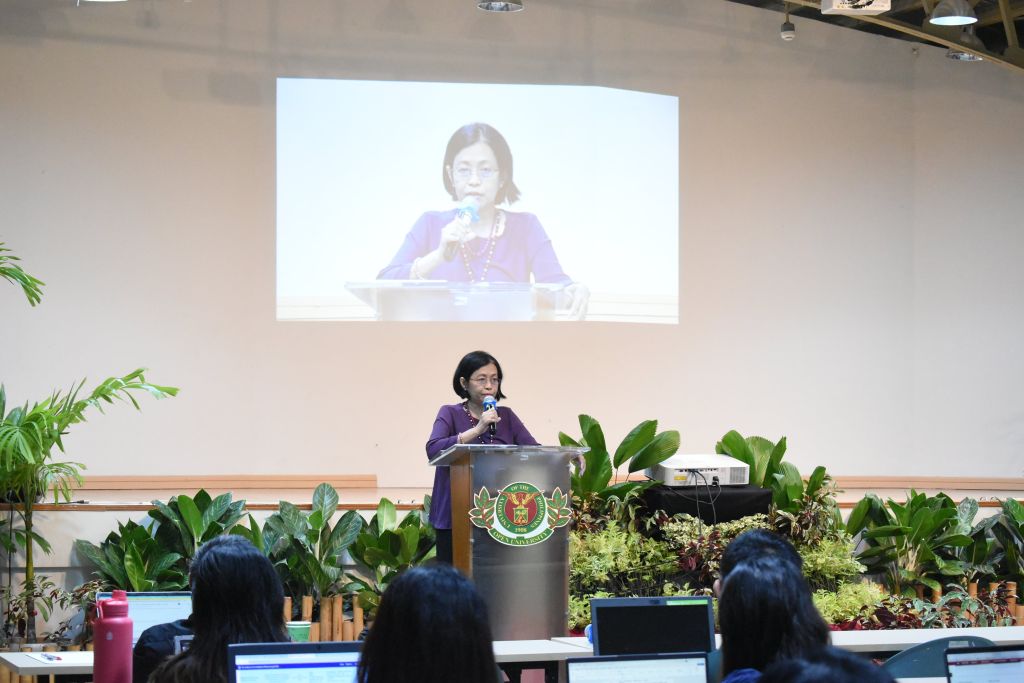

The day ended with a Group Discussion/Workshop and a Wrap-Up Discussion, allowing participants to reflect on the day’s learnings and engage in collaborative discussions facilitated by Dr. Leo Mendel Rosario.
The third and last day of the training program moderated by Asst. Prof. Tricia C. Ascan began with great enthusiasm as participants gathered to explore Modules 11 and 12, focusing on Leadership and Management, as well as Policy and Planning for Distance Learning Programs. These modules delved into the strategic aspects of distance learning, emphasizing the importance of leadership and effective policy formulation.
The esteemed speaker for these sessions was none other than the UPOU Chancellor, Dr. Melinda dP. Bandalaria. Dr. Bandalaria’s illustrious career and contributions to open and distance learning made her the perfect guide for this crucial part of the training. Her insights into these modules provided participants with valuable knowledge and a broader perspective on the world of distance education.
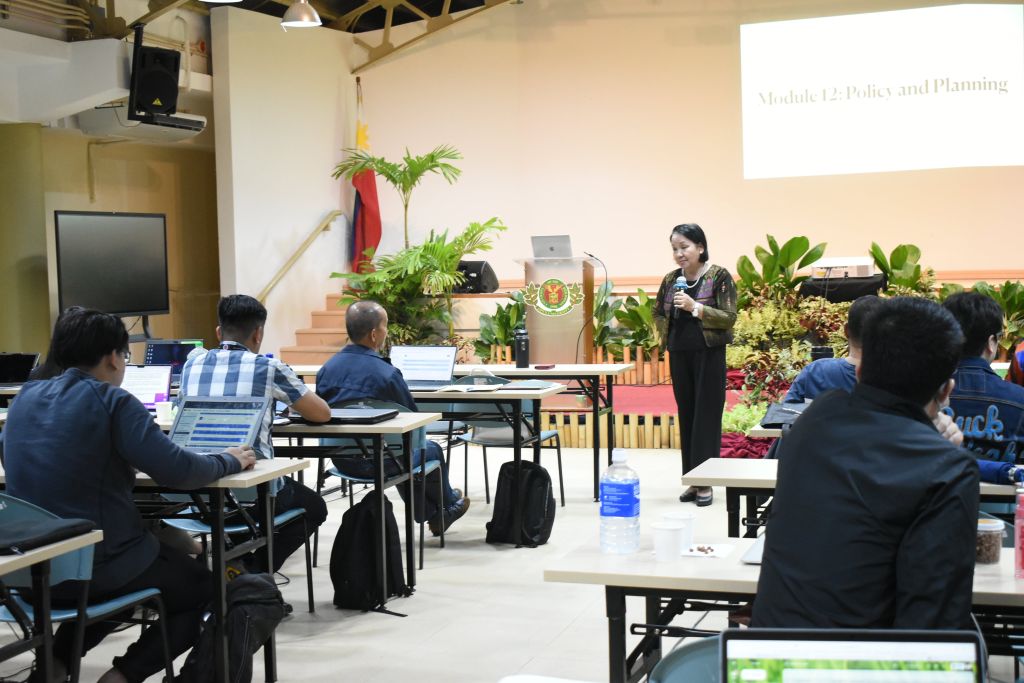

The training program concluded with a closing ceremony where Dean Serrano presented the participants with Certificates of Participation. These certificates recognized their active participation in the Capacity-Building of MARINA Evaluators for Distance Learning. The closing remarks were delivered by Dr. Bagarinao and Ms. Lugo, providing participants with valuable insights and wisdom as they reflected on the training program and contemplated the way forward.
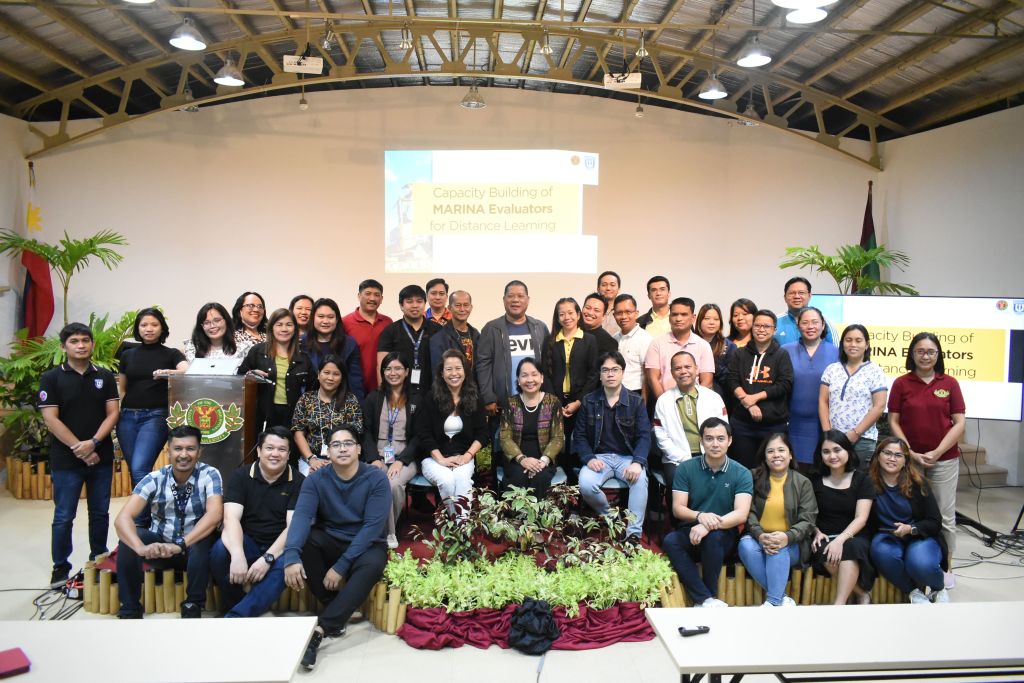

Written by: Dona Lyn Piamonte • Edited by: Larry N. Cruz

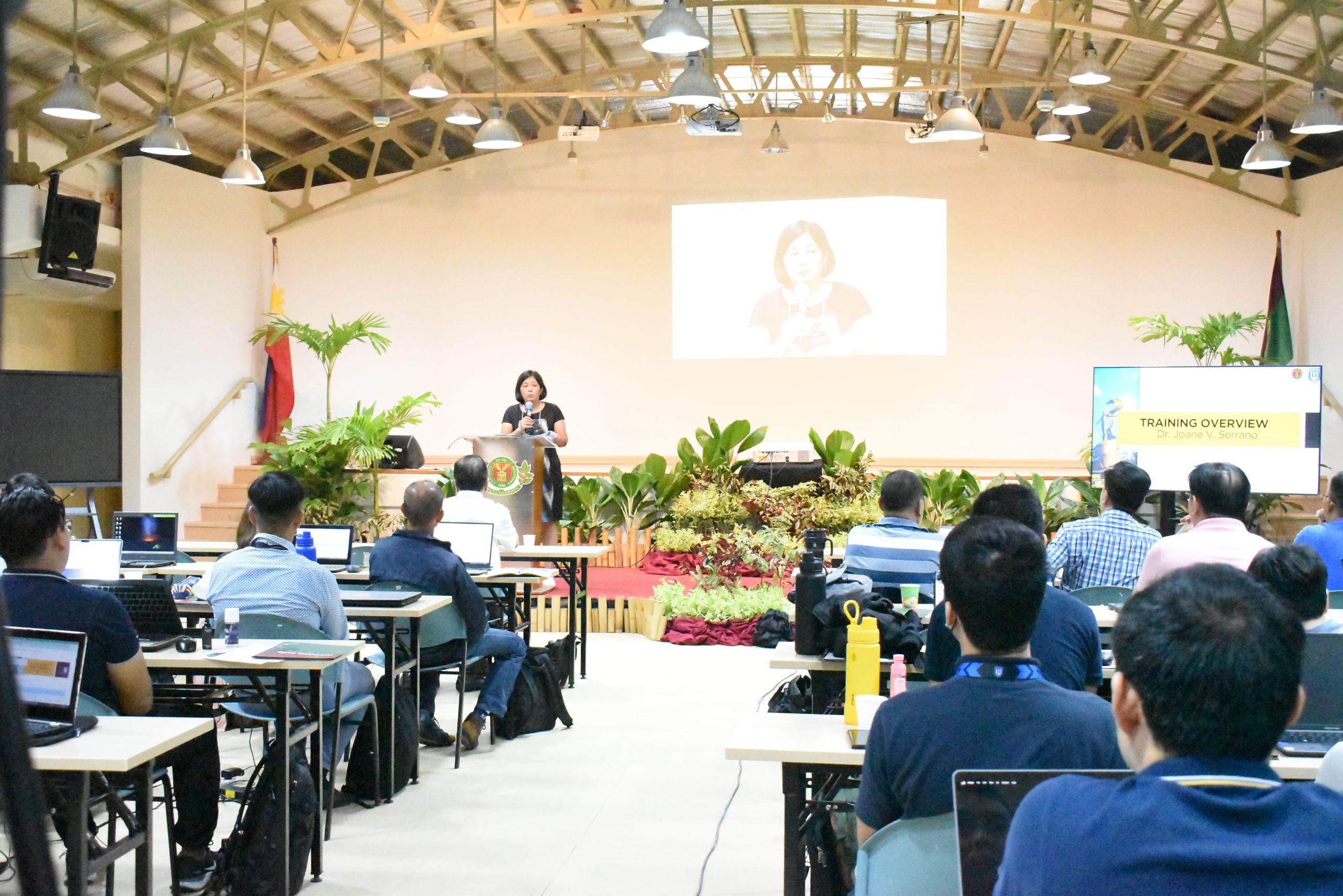
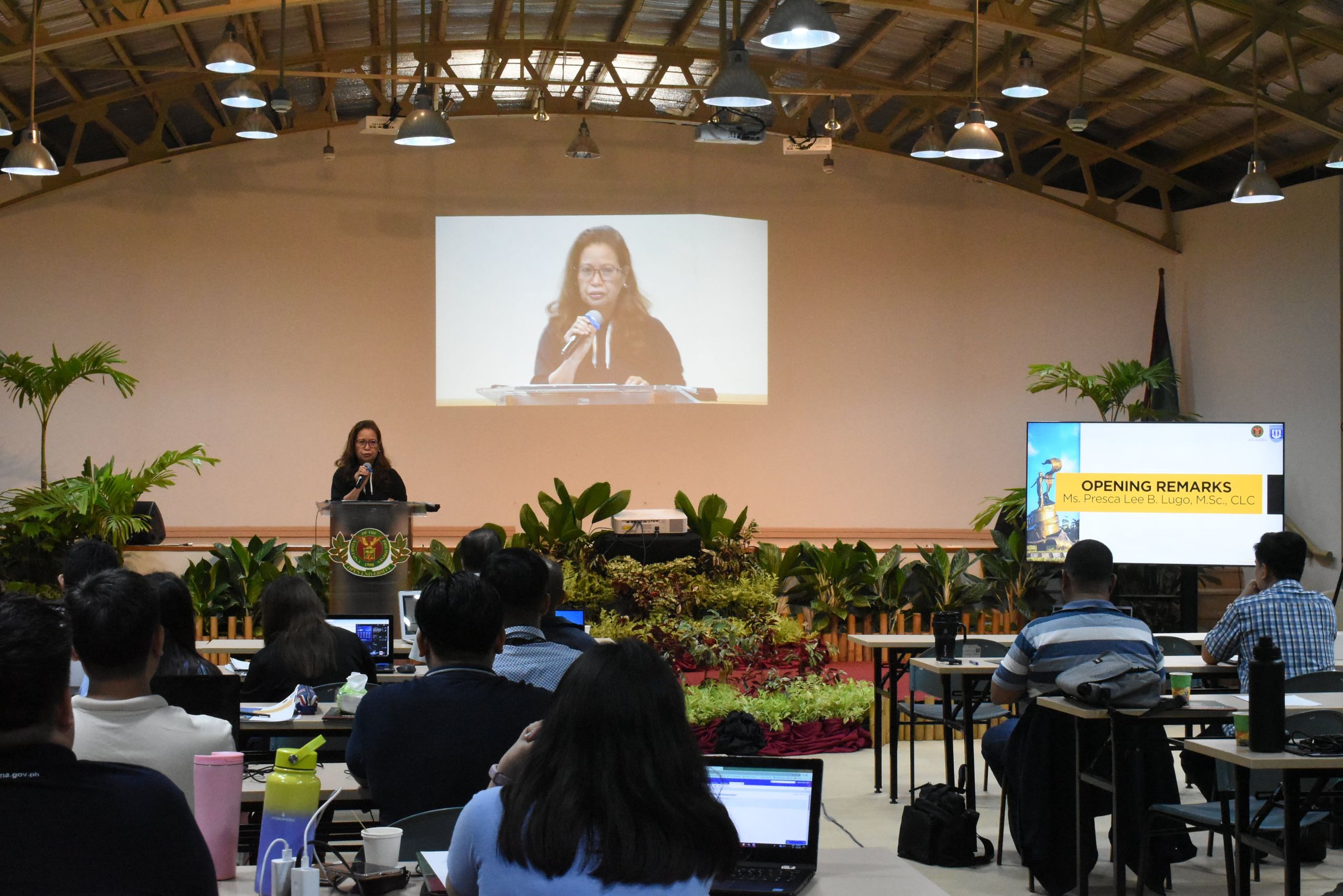
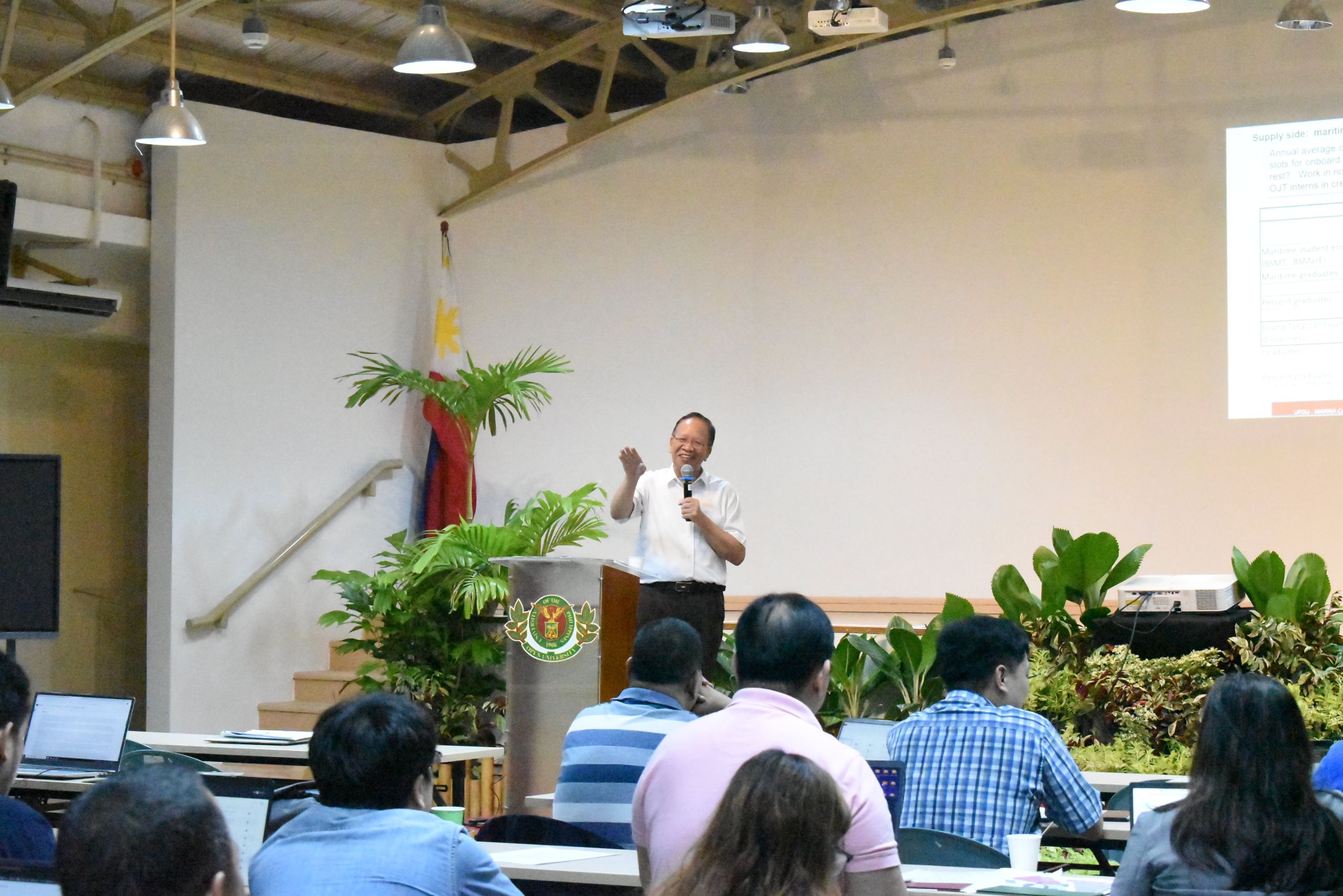
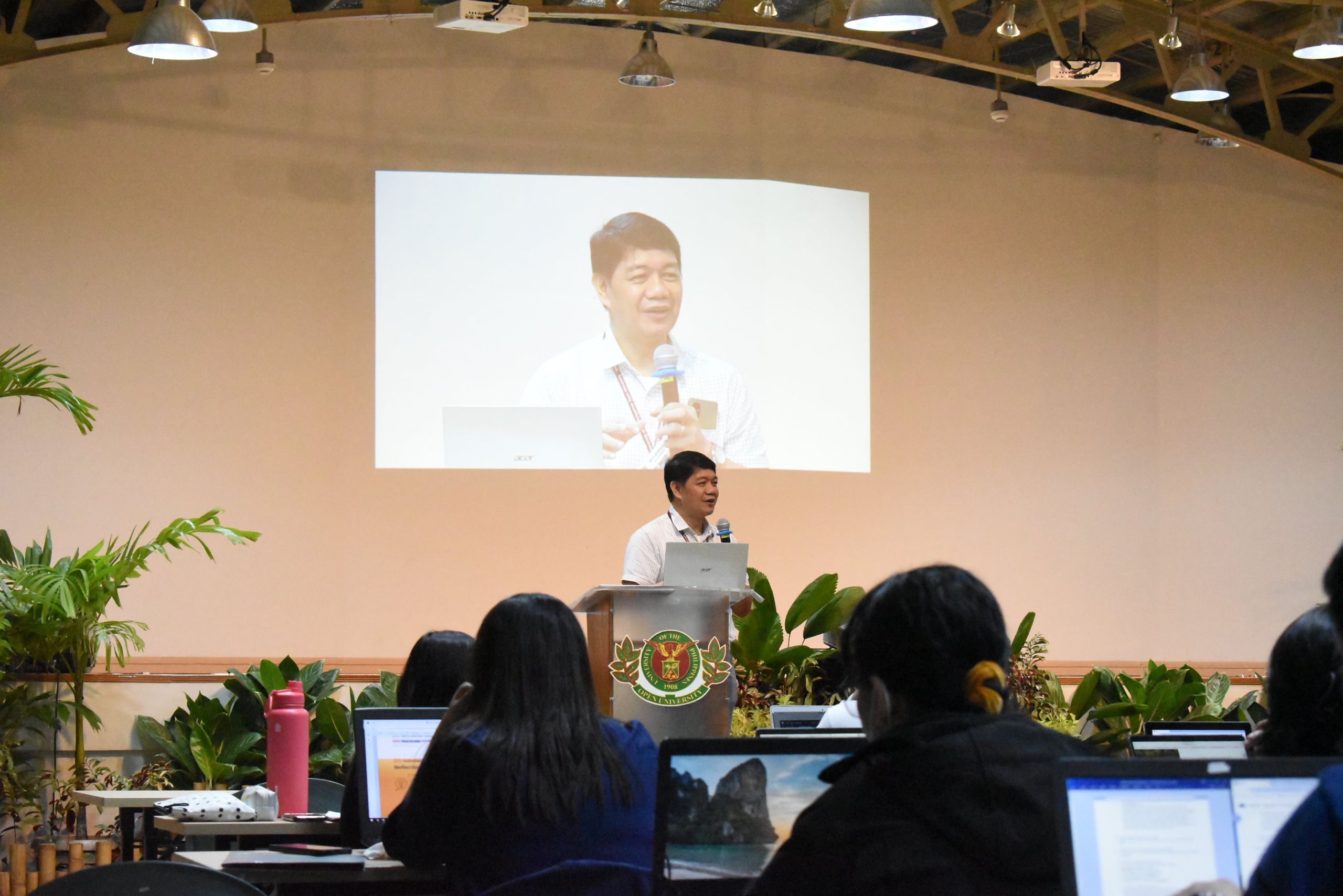
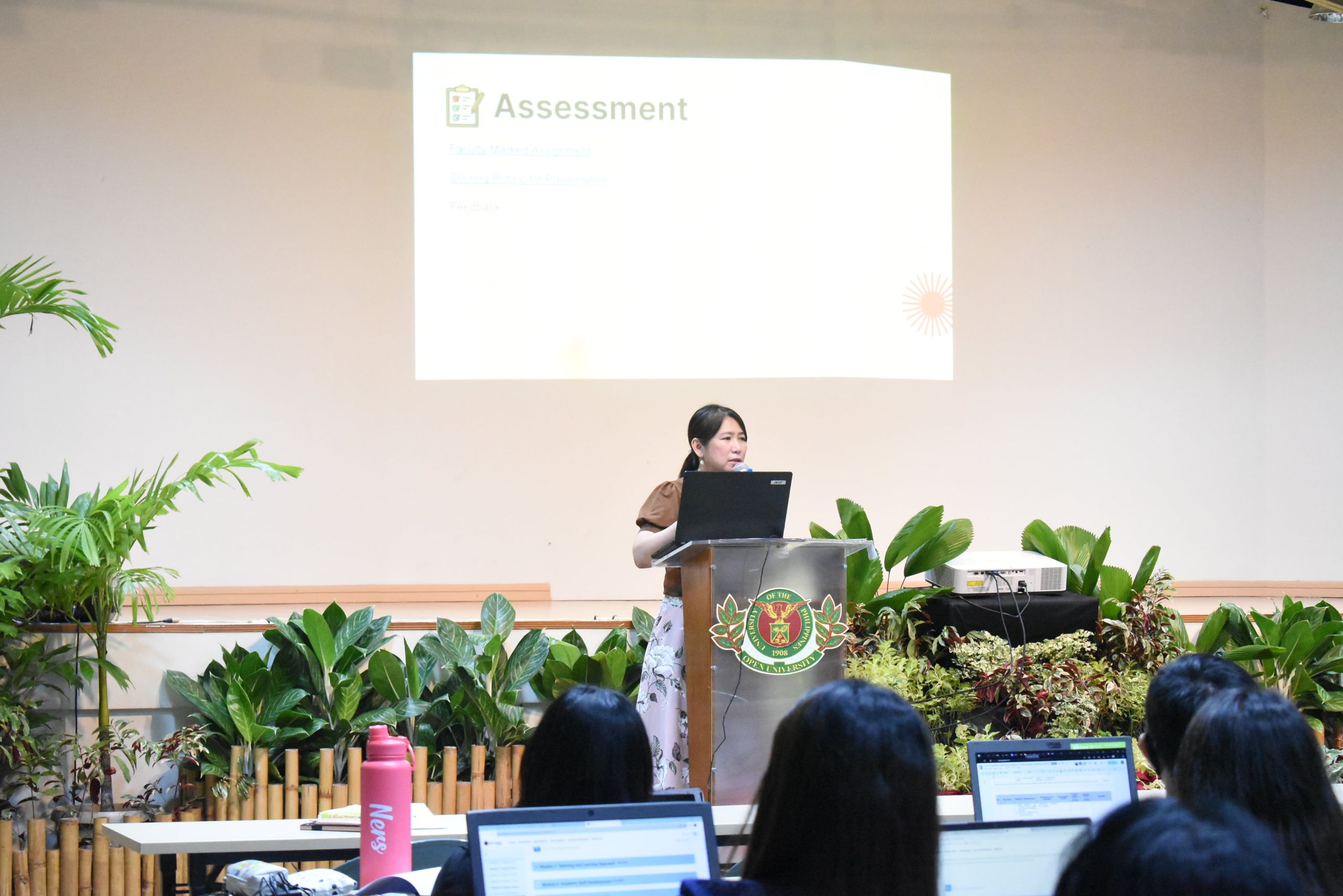
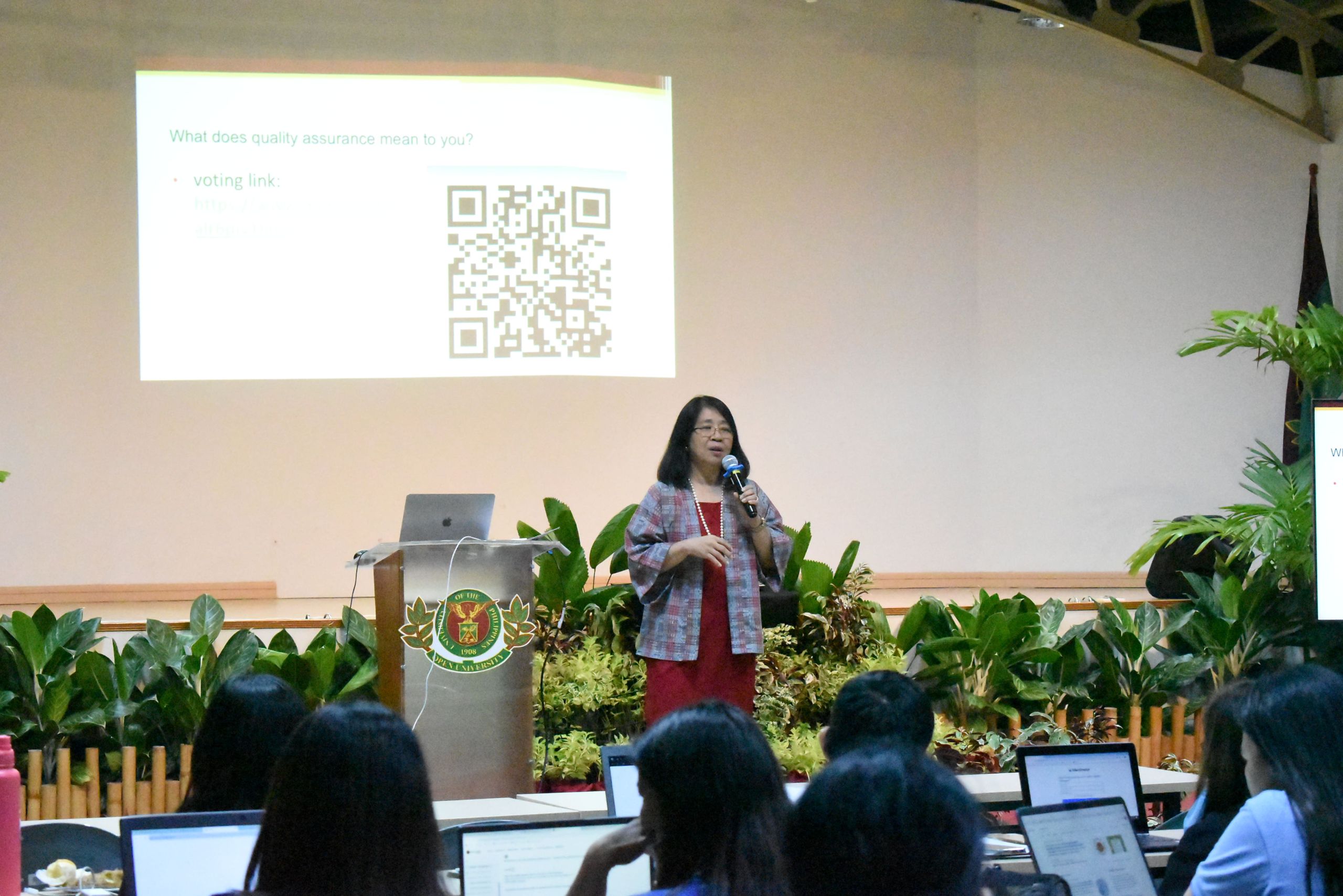
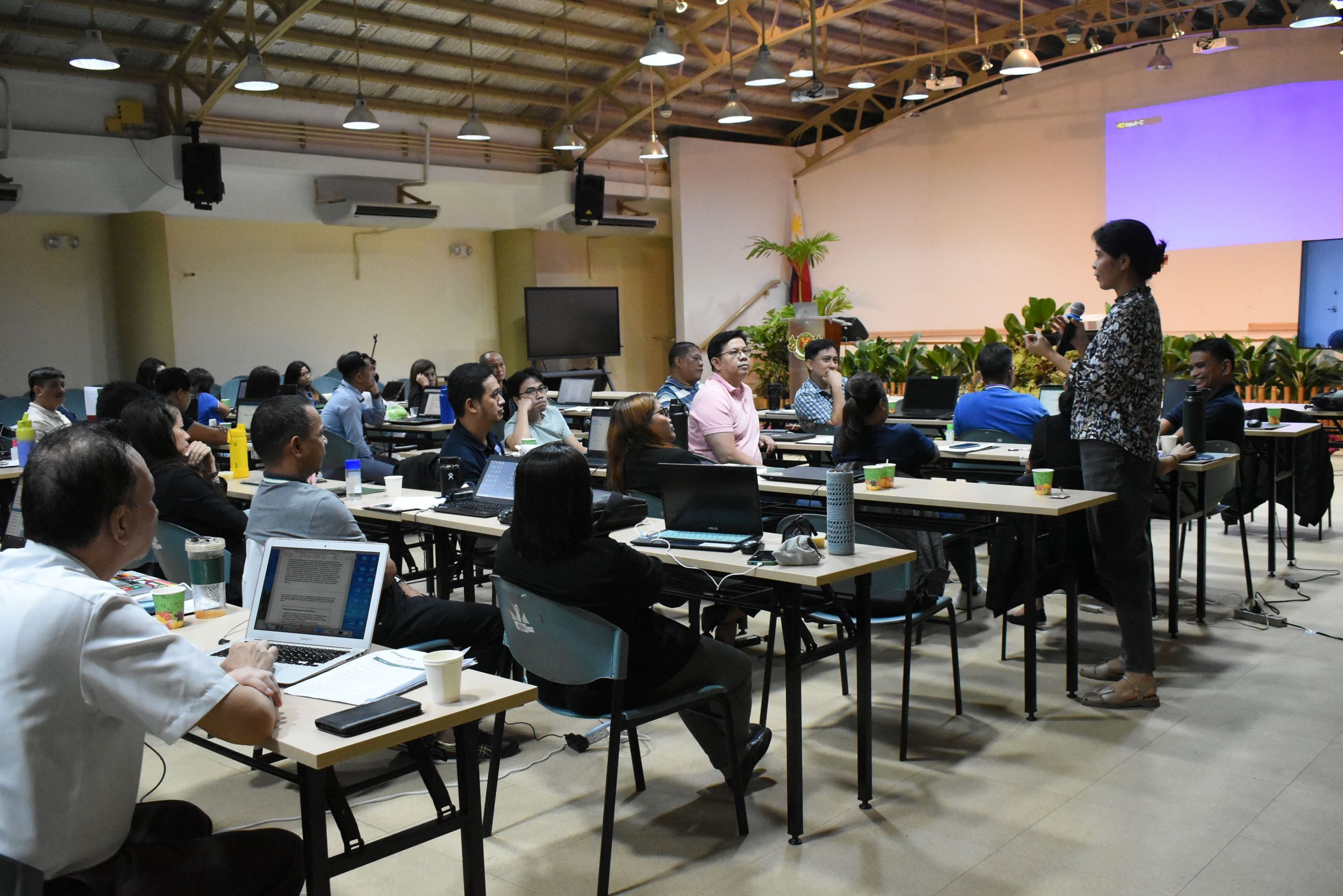
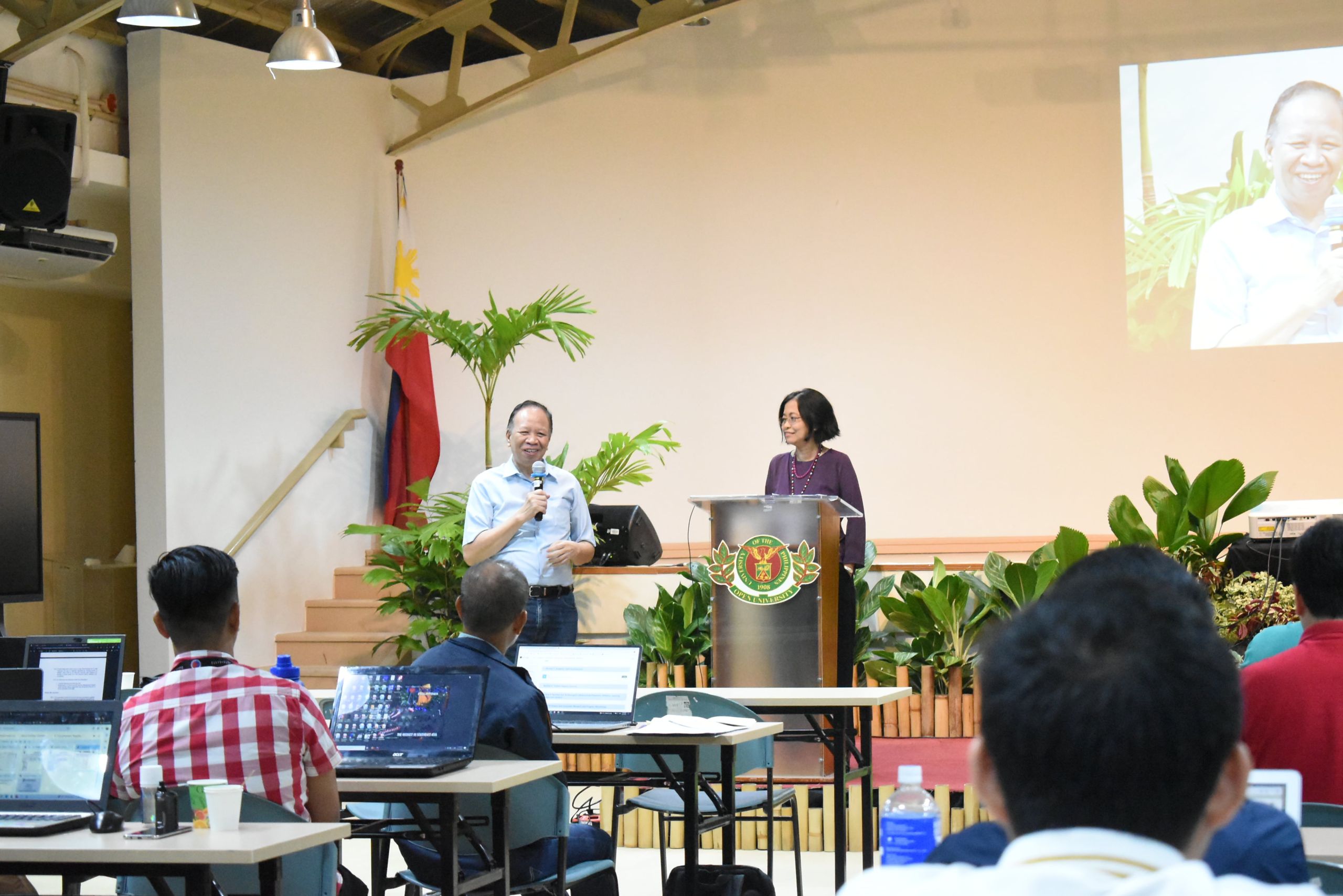
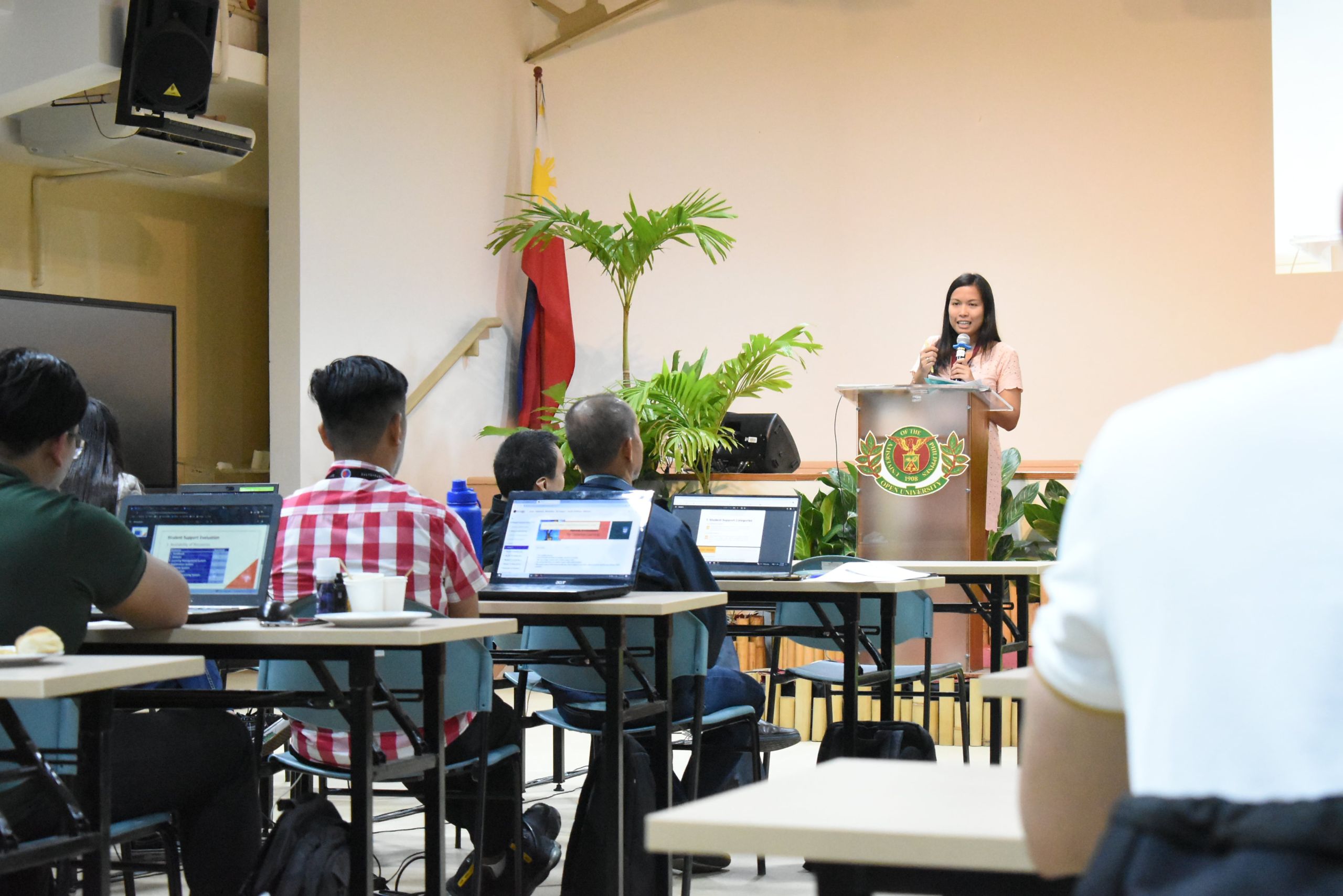
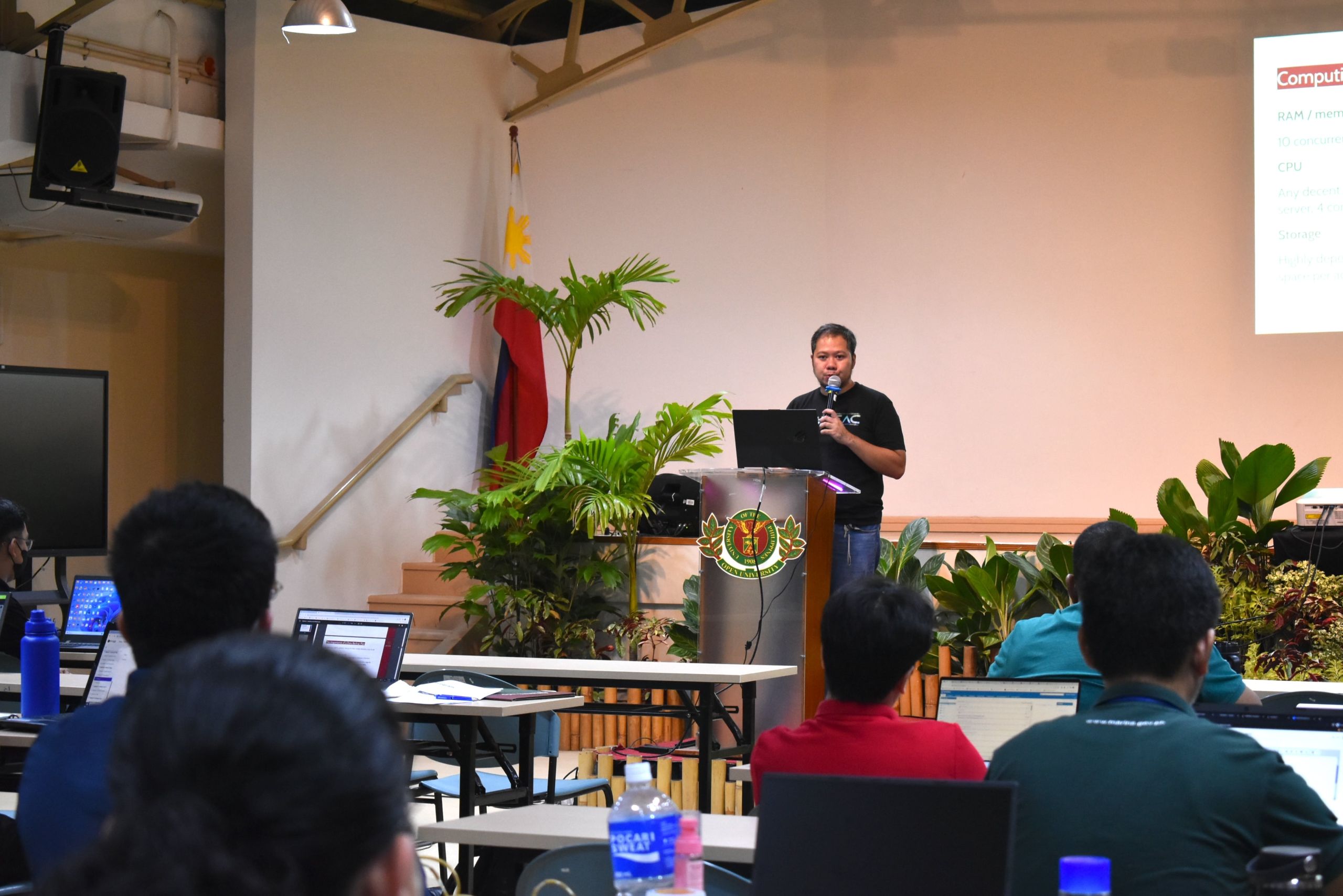
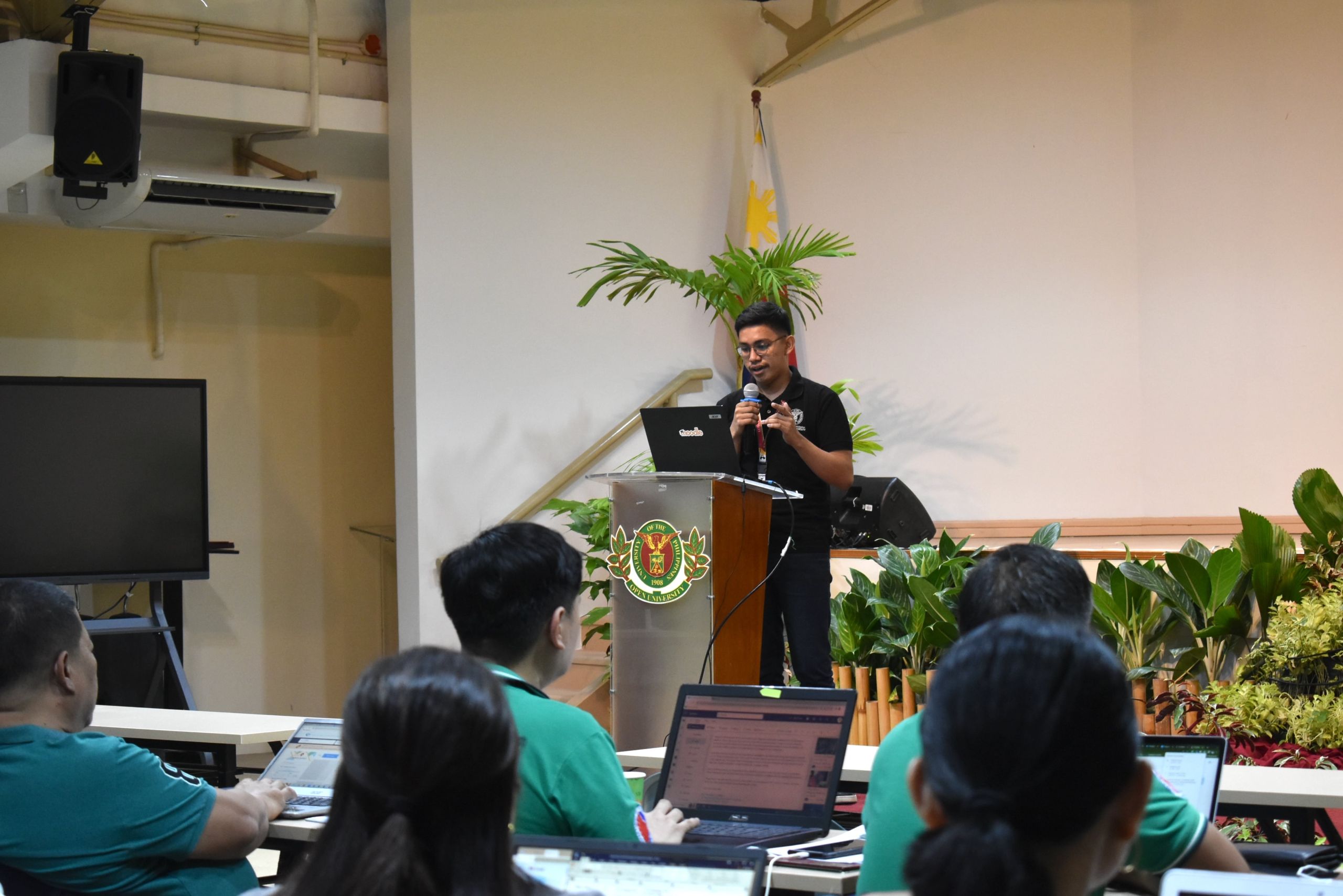

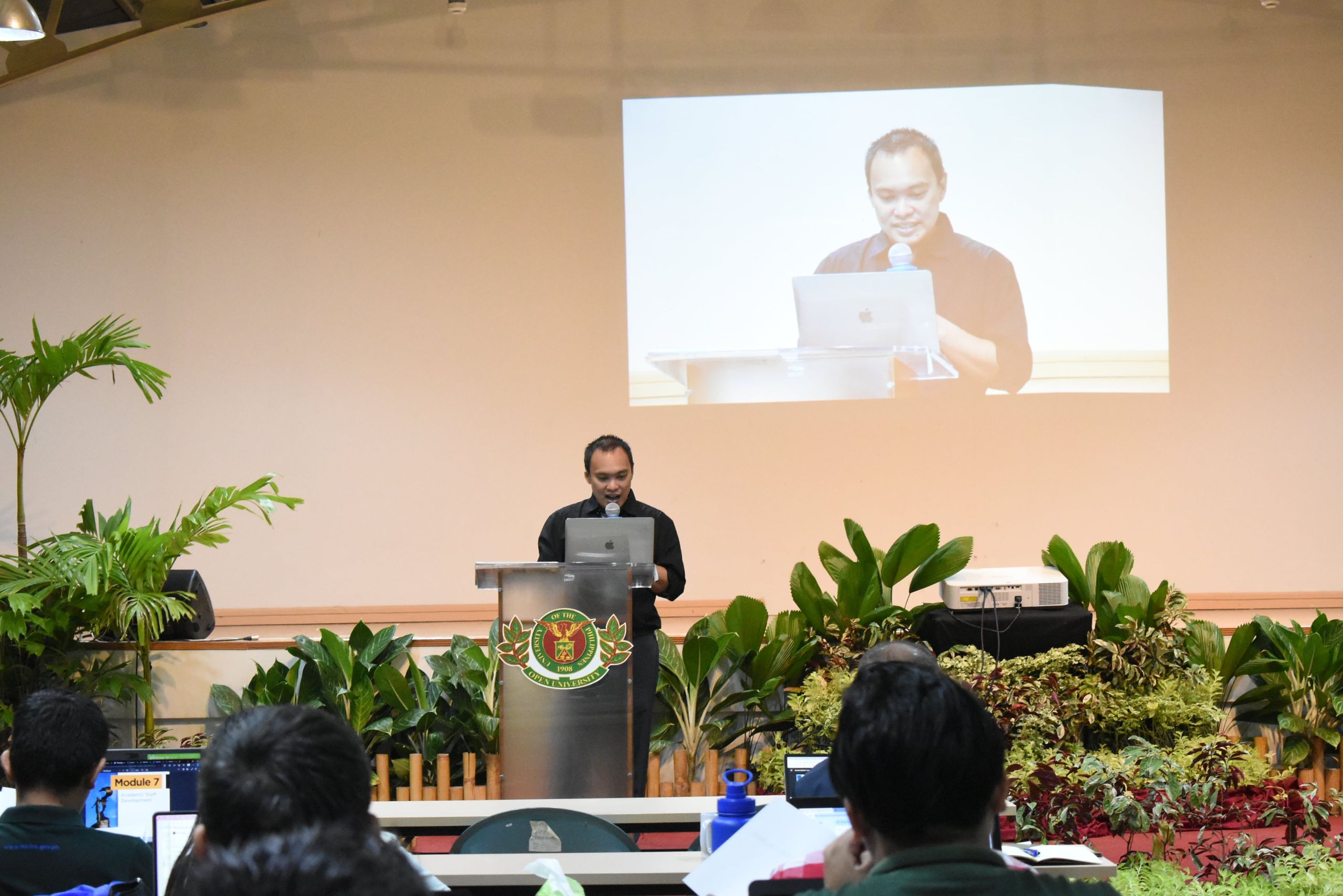















FMDS Socials